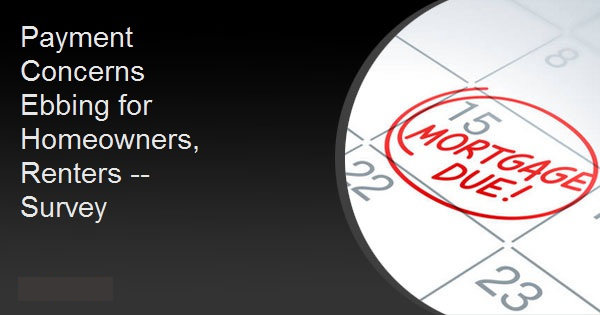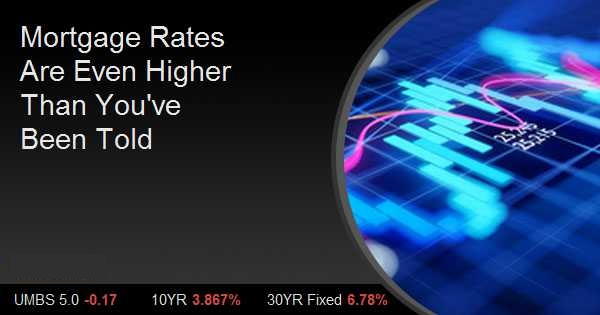Payment Concerns Ebbing for Homeowners, Renters --Survey
A new Freddie Mac survey found that both homeowners and renters are still concerned about their ability to pay their mortgage or their monthly rent as the pandemic wears on. but those concerns have lessened since last fall. The COVID-19 Tracking Poll has contacted over 1,000 respondents on an irregular basis over the past year. Two thirds are homeowners, the remainder are renters.
Over the nine months the survey was conducted in 2020, more than half of renters were concerned about making their monthly payments, fluctuating between 54 percent in April to 71 percent in November. Renter concern began to ebb in December to 67 percent and dropped further to 63 percent last month. Homeowners concerns over mortgage payments were at a low of 33 percent in June, rising to a high of 55 percent in October. By year end, 45 percent of respondents were expressing concern and in February it improved to 41 percent.
As of December 2020, 27 percent of homeowners and 35 percent of renters had asked for a housing payment postponement, most commonly due to uncertainty over making payments beyond the next one. In the most recent survey, in February, those numbers had dropped to 19 percent of homeowners and 28 percent of renters.
Confidence in the housing market has remained high over the course of the survey, averaging 60 percent over 2020 the surveys and improving to 66 percent in February. Renters were more likely that existing homeowners to buy a home last year, many doing so in late summer and early fall. The likelihood that homeowners would sell their homes (18 percent) and that renters planned to purchase one (34 percent) has held steady so far this year. Refinance activity also remains strong, with nearly a third of homeowners indicating they were likely to refinance their home within the first six months of 2021.
While many homeowners and renters are struggling financially, 72 percent of those who are currently employed are confident they will maintain the same level of income through the first half of this year, but that amount wasn't always adequate. In the February survey, 43 percent said they were living payday-to-payday while 17 percent didn't have enough for the basics until the next paycheck. The remaining 40 percent had enough to go beyond payday.
"Freddie Mac is focused on understanding how consumers are thinking about their current and future financial situation amid a pandemic," said Donna Corley, executive vice president and head of Single-Family Business. Both Corley and Debbie Jenkins, executive vice president and head of Multifamily Business, said that, while the housing market has recovered faster than the rest of the economy, the pandemic has been economically devastating for millions of Americans.
They stressed the steps their company has taken to help struggling homeowners and renters with financial hardships related to the pandemic. These include the suspension of foreclosures and evictions until the end of June and the availability of forbearance programs.
The company has also announced Help Starts Here to assist the industry at large and a national Borrower Help Network, nonprofit intermediaries that offer free assistance, including a full suite of financial education and mortgage help services. There is also a renter helpline to access free counseling from HUD certified housing counselors. Further information on these programs can be found at httpss://myhome.freddiemac.com/.





